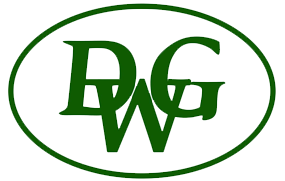Stormwater Management
The purpose of this page is to provide education and information related to stormwater management in the City of Dalworthington Gardens.
To report illicit discharges, please call 817-275-1234.
Keeping Fats, Oils, and Grease out of the Sewer System
Manholes can overflow into parks, yards, streets, and storm drains, allowing FOG to contaminate local waters, including drinking water. Exposure to untreated wastewater is a public-health hazard.
FOG discharged into septic systems and drain fields can cause malfunctions, resulting in more frequent tank pump-outs and other expenses.
Restaurants, cafeterias, and fast-food establishments spend tens of thousands of dollars on plumbing emergencies each year to deal with grease blockages and pump out grease traps and interceptors. Some cities also charge businesses for the repair of sewer pipes and spill cleanup if they can attribute the blockage to a particular business. Some cities also add a surcharge to wastewater bills if a business exceeds a specified discharge limit. These expenses can be significant.
Communities spend billions of dollars every year unplugging or replacing grease-blocked pipes, repairing pump stations, and cleaning up costly and illegal wastewater spills. Excessive FOG in the sewer system can affect local wastewater rates.
So, keeping FOG out of the sewer system helps everyone in the community.
Related Documents
- SWMP

